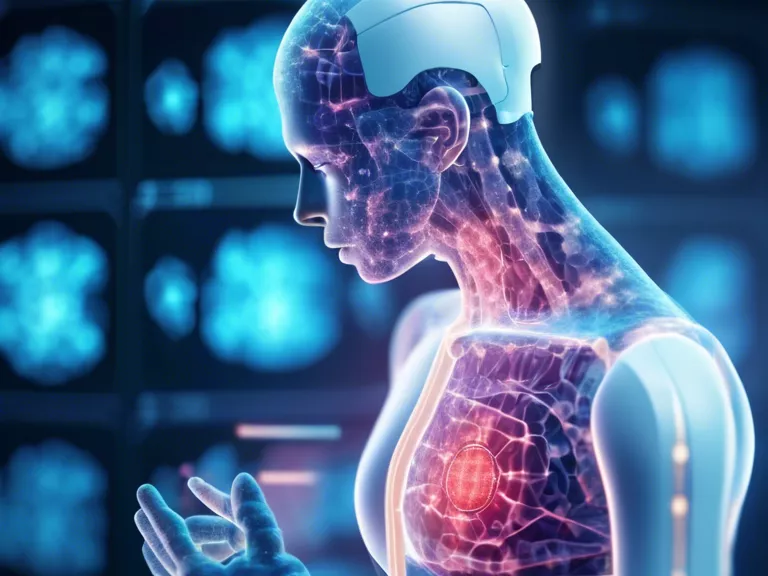
Artificial intelligence (AI) is transforming the field of healthcare, especially in the area of early disease detection. AI-driven diagnostics are revolutionizing how diseases are identified and treated, allowing for quicker and more accurate diagnoses. This technology is helping healthcare providers catch diseases in their early stages, when treatment is most effective. From cancer to heart disease, AI is making significant advancements in the early detection of a wide range of illnesses.
One of the key benefits of AI-driven diagnostics is the ability to analyze vast amounts of data in a short amount of time. AI algorithms can process medical images, genomic data, and patient records much faster than a human doctor ever could. This speed and efficiency are crucial in identifying subtle signs of disease that may be missed by traditional diagnostic methods.
Additionally, AI can learn from its mistakes and constantly improve its diagnostic accuracy. By analyzing patterns in large datasets, AI systems can better predict the likelihood of a patient developing a certain disease or condition. This proactive approach allows for preventive measures to be taken, potentially avoiding the progression of a disease altogether.
AI-driven diagnostics are also incredibly versatile, capable of detecting a wide range of diseases across different medical specialties. From dermatology to radiology, AI algorithms are being trained to diagnose conditions with high accuracy rates. This has the potential to reduce the workload of healthcare professionals and improve patient outcomes by providing quicker diagnoses and more personalized treatment plans.
Overall, AI-driven diagnostics are revolutionizing early disease detection by providing faster, more accurate, and more personalized healthcare solutions. As this technology continues to advance, we can expect to see even greater improvements in the diagnosis and treatment of diseases. The future of healthcare is bright with AI leading the way in early disease detection.



